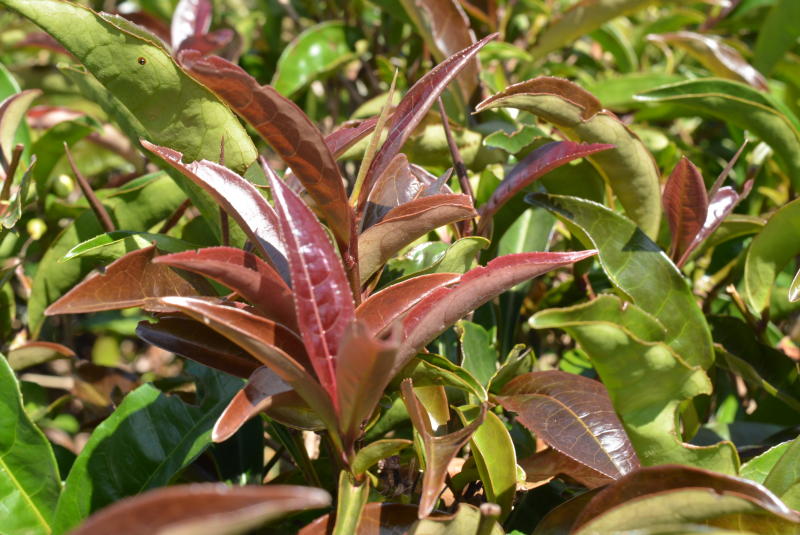×
The Standard e-Paper
Home To Bold Columnists

It is 7am and just like many Kenyans, Mr Henrik Ruto starts his day with a hot cup of tea. However, his ‘poison’ is not the usual black tea most Kenyans are accustomed to but purple tea.
For months, the tea lover who owns an acre in Kabianga, Belgut constituency, has been supplying to the local market, his brand of purple tea, Sir Henriks Tea.